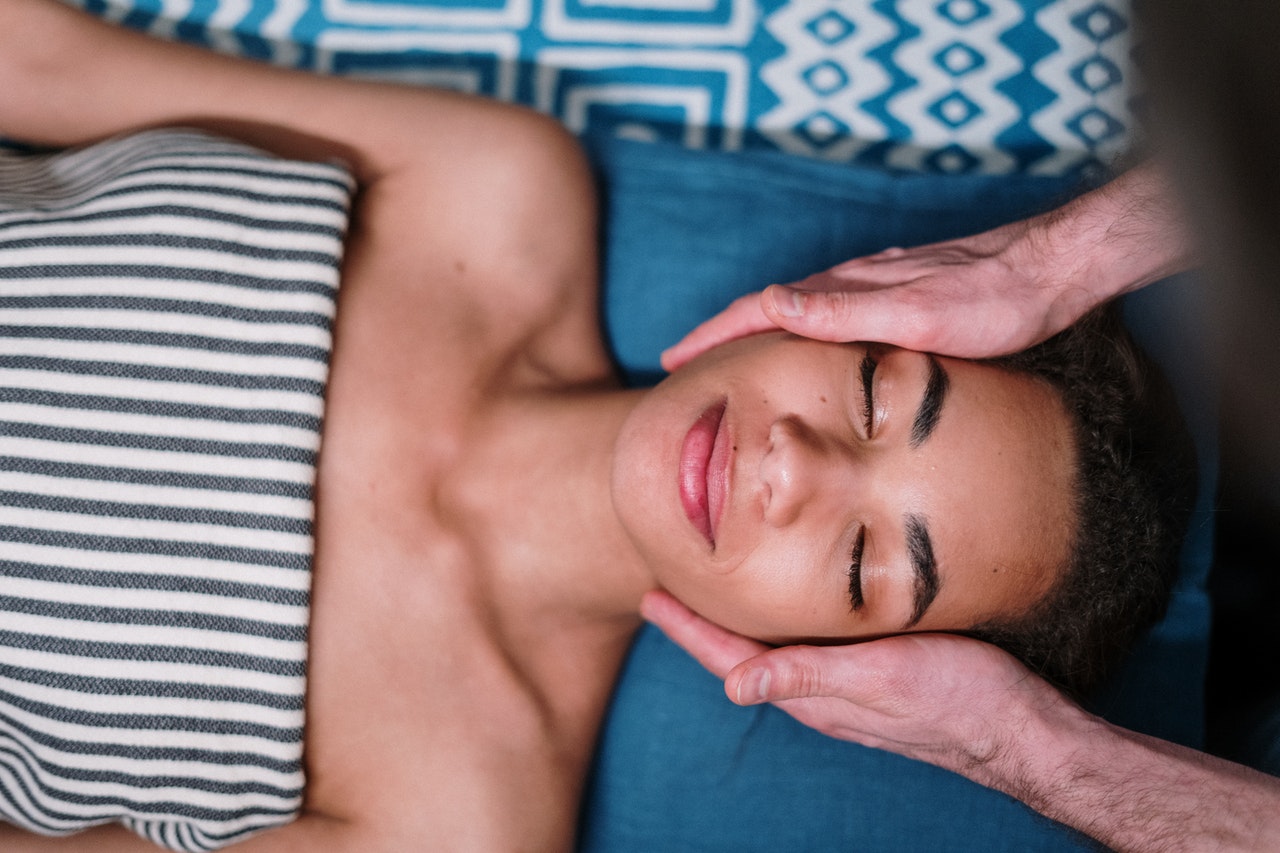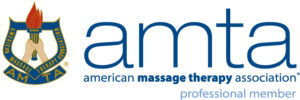By: Kim M. Filkins, L.Ac.
There are many different types of massage. And each type has a specific purpose and benefits that are unique. While every massage can be relaxing and relieve pain and tension in the body, some of the forms of massage go even deeper than that. Lymphatic drainage massage is one example of a specialized massage technique that can benefit almost everybody.

Lymphatic drainage massage is a special type of massage that gently assists the lymphatic system to maintain the body’s blood circulation, immune mechanisms and fluid balance. The lymphatic system is a network of vessels and nodes that contain and circulate lymph. Lymph is a mixture of water, proteins, waste products, immune system components and other elements of cell metabolism. The lymph nodes filter out the debris and can be found throughout the body. There are large clusters of lymph nodes in the neck, armpits and groin areas.
Lymphatic drainage massage originated in the 1930’s when a Danish husband and wife team developed the strokes and techniques and sequence of what they termed “lymphology”. The husband was Emil Vodder and his wife was Estrid. The technique became popular in France and quickly became a recommended treatment for those suffering from lymphedema brought on by radiation and chemotherapy.
While lymphatic drainage massage is a wonderful tool to have in your toolbox, it is not the only way to improve circulation. In general, massage can increase circulation for many hours and even days after receiving the treatment. Massage facilitates circulation because the pressure created actually moves blood through congested areas. The release of the pressure also causes freshly oxygenated blood to rush into the area being treated. The squeezing and pulling actions also flush lactic acid out of the tissues, thus improving the circulation of blood and lymphatic fluid.
Targeting specific areas of the body can also be beneficial when it comes to improving overall circulation. For example, the extremities (arms and legs) tend to develop circulation problems first and especially as we age and become more sedentary. So focusing on these areas can be a great way to stimulate circulation. The lymph nodes are located in the armpits, behind the legs and in the groin. By massaging toward the lymph nodes, a person can easily assist the body and overall circulation.
While studies have demonstrated that people do in fact feel less pain and warmer extremities after receiving a massage, this is definitely not a substitute for something like exercise, which is the best way to improve circulation. But coupling exercise with massage afterwards can improve circulation much longer than just one or the other alone.
If you have been diagnosed with poor circulation, varicose veins, lymphedema, neuropathy or any other form of circulatory issue, it might be a good idea to consider adding regular massages into your treatment regimen. Your body will thank you for the added attention and your circulation will most likely improve. Even if it improves just a small amount, that can make a huge difference in how you feel and how your body functions. So find a licensed massage therapist and get that appointment booked today.
